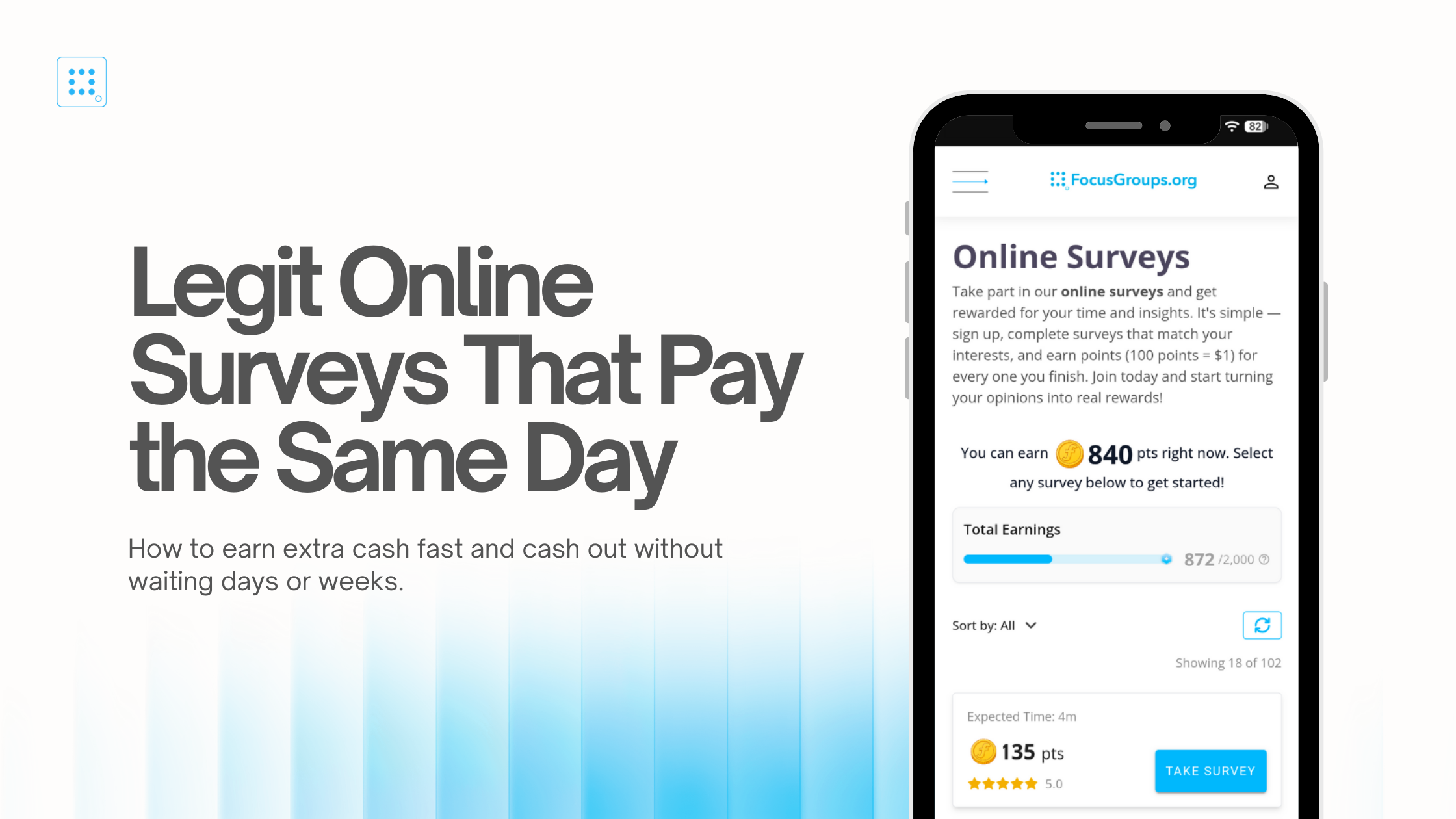Consumer Research Moderation: Expert Tips for Leading Insightful Sessions

Moderators play a crucial role in consumer research, particularly in focus groups and interviews. Their ability to guide conversations, facilitate honest feedback, and create a comfortable space for participants significantly impacts the success of the research. This blog explores key strategies moderators can use to lead successful consumer research sessions and ensure businesses gather valuable insights.
Reference Table:
- Understanding the Role of Moderators
- Creating a Comfortable Environment
- Effective Questioning Techniques
- Active Listening and Observation
- Managing Group Dynamics
- Maintaining Neutrality and Avoiding Bias
- Summarizing and Debriefing
- Conclusion
Understanding the Role of Moderators
Moderators are responsible for steering discussions, keeping participants engaged, and extracting meaningful feedback that informs business decisions. Whether in a focus group or a one-on-one interview, moderators must ensure that conversations remain structured, insightful, and aligned with research goals.
Successful moderation is particularly critical in global consumer marketing research, where adapting to cultural nuances can help collect more accurate data from diverse participant groups.
Creating a Comfortable Environment
One of the most important aspects of successful consumer research is fostering a welcoming atmosphere. When participants feel at ease, they provide more honest and open feedback. Moderators can achieve this by:
- Introducing themselves warmly and explaining the session’s purpose.
- Clarifying that all opinions are valid and there are no right or wrong answers.
- Ensuring a comfortable physical environment, such as proper seating, minimal distractions, and a relaxed setting.
- Using an approachable and non-judgmental tone of voice and body language.
Effective Questioning Techniques
The way questions are framed greatly influences the depth of responses. Moderators should:
- Use open-ended questions to encourage detailed answers (e.g., “Can you tell me more about that?” instead of “Do you like it?”).
- Avoid leading or biased questions that might shape participant responses (e.g., “Why is this product better?” vs. “How does this product compare to others?”).
- Probe deeper with follow-up questions to uncover richer insights.
People are 30% more likely to share honest feedback when they feel their opinions are genuinely valued. A simple “That’s an interesting perspective—tell me more!” can go a long way in encouraging deeper insights.
Active Listening and Observation
Effective moderators excel at both speaking and listening. Active listening involves:
- Paying full attention to participants’ responses and responding thoughtfully.
- Noticing non-verbal cues like body language and tone of voice to gauge true sentiments.
- Adapting questions based on participants’ reactions to explore deeper insights.
In global consumer research, being aware of cultural body language differences ensures moderators interpret responses correctly and respect participant comfort levels.
Managing Group Dynamics
In focus groups, moderators must balance participation to ensure everyone’s voice is heard. Strategies include:
- Encouraging quieter participants with direct yet gentle engagement.
- Preventing dominant individuals from monopolizing discussions by redirecting or acknowledging other viewpoints.
- Creating a respectful atmosphere where participants listen to and appreciate different perspectives.
Cultural norms can impact group interactions; some cultures emphasize deference to authority, which may require additional encouragement for open participation.
Maintaining Neutrality and Avoiding Bias
A key responsibility of a moderator is to remain neutral and unbiased. This means:
- Avoiding personal reactions, agreements, or disagreements with participant opinions.
- Keeping facial expressions and tone neutral to prevent influencing responses.
- Being mindful of cultural differences in how neutrality is perceived.
By maintaining impartiality, moderators ensure that participants feel free to express their true thoughts without fear of judgment or influence.
Summarizing and Debriefing
At the end of the session, moderators should:
- Summarize key points to confirm that insights are accurately captured.
- Allow participants to clarify any statements to ensure data accuracy.
- Thank participants and explain how their feedback will be used.
Debriefing makes participants feel valued and reassures them that their input contributes to meaningful outcomes.
Conclusion
Moderation is an essential skill in consumer research, requiring a mix of facilitation, observation, and neutrality. By creating a comfortable environment, using effective questioning techniques, practicing active listening, managing group dynamics, and summarizing discussions, moderators can ensure valuable insights are gathered. These strategies are especially vital in global consumer marketing research, where cultural nuances influence participant interactions.
Mastering these skills allows moderators to lead insightful sessions that drive informed business decisions, ultimately aligning products and services with consumer needs and preferences.





